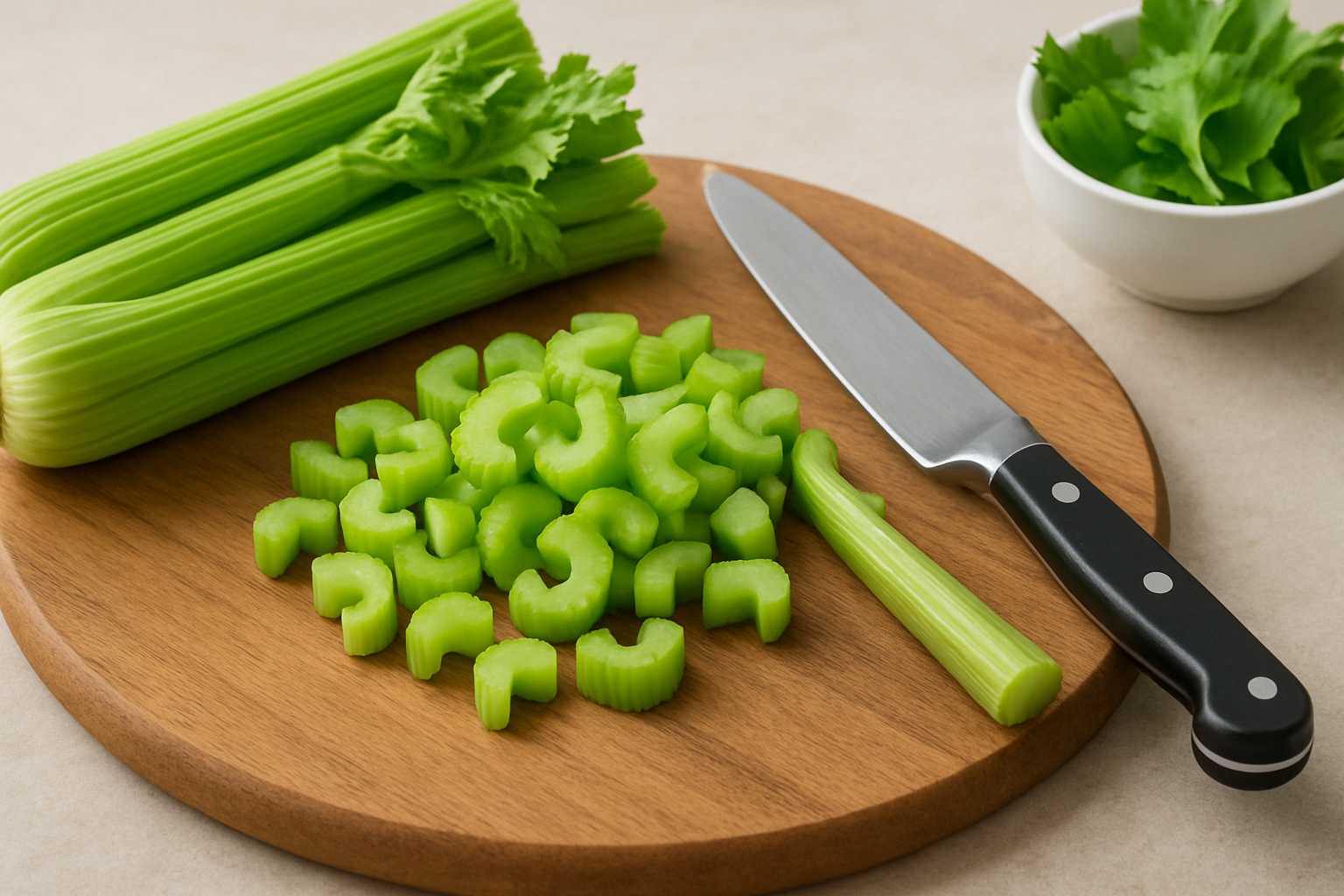Introduction to Pravi Celer
The phrase Pravi Celer may sound unusual to many readers, yet it holds layers of linguistic, cultural, and symbolic significance. The term combines words that trace back to Slavic and Latin origins, giving it a unique presence in both language and meaning. Over time, it has been interpreted in multiple ways, spanning food, tradition, and even symbolic expressions of authenticity. Understanding what Pravi Celer means and how it is used helps uncover its true value in everyday life, language, and cultural heritage.
The Origins of the Word
The word Pravi originates from South Slavic languages, where it means true, real, or authentic. It conveys a sense of genuineness and originality, often used to highlight something in its purest form. On the other hand, Celer finds its root in Latin, meaning swift, but in modern Slavic contexts it commonly refers to celery, the vegetable known for its crisp texture and health benefits. Together, the phrase can translate as real celery or authentic celery, yet its usage is often broader and more symbolic than just a reference to a vegetable.
Linguistic Interpretations of Pravi Celer
From a linguistic perspective, Pravi Celer demonstrates how words evolve and take on layered meanings when languages mix and cultures overlap. In literal translation, it might point to celery as a natural, genuine ingredient. In symbolic usage, however, it can describe anything considered “pure,” “authentic,” or “true to form.” This dual nature makes it a fascinating example of how phrases carry both practical and metaphorical value.
Culinary Context and Uses
One of the most straightforward applications of Pravi Celer is in the culinary world. In traditional Balkan and Eastern European kitchens, celery plays a central role in soups, stews, and fresh salads. Referring to “pravi celer” emphasizes the importance of using genuine, fresh ingredients instead of substitutes or artificial flavorings. The phrase, therefore, reflects a preference for authenticity in cooking, where real produce brings out the best flavors.
Symbolism in Cultural Settings
Beyond food, Pravi Celer has been adopted as a symbolic phrase in some cultural conversations. To call something “pravi” is to assert its originality and truthfulness. When combined with “celer,” it can represent honesty and purity in a humorous or metaphorical way. For example, it might be used in casual discussions to describe someone or something that is truly authentic, not fake or superficial. This symbolic application extends the phrase into the realm of identity and values.
Health and Nutritional Associations
Since celery itself is widely recognized as a low-calorie, nutrient-rich food, Pravi Celer naturally carries associations with health, wellness, and vitality. Celery is high in fiber, antioxidants, and vitamins such as K and C. Highlighting the term in its literal sense connects it to clean eating and the pursuit of natural lifestyles. For many health-conscious individuals, “pravi celer” is more than just a vegetable—it becomes a symbol of choosing real, whole foods.
Modern Popularity of the Term
In recent years, unusual terms like Pravi Celer have started appearing in online discussions, blogs, and creative projects. Whether used literally in food blogs or metaphorically in cultural debates, the phrase’s uniqueness makes it stand out. It attracts attention precisely because it sounds different, foreign, or quirky, which adds to its value in digital spaces where originality is rewarded. People are increasingly drawn to unique expressions that reflect authenticity, and this term fits perfectly into that trend.
The Unique Value of Pravi Celer
What makes Pravi Celer special is its flexibility and depth. It can be taken literally as “real celery,” representing freshness in food. It can also be used symbolically to mean authenticity and truth. And in the modern era, it carries the unique charm of being both familiar and exotic, depending on who hears it. This multi-layered meaning is what gives the phrase its unique value, making it more than just a simple combination of words.
Pravi Celer in Everyday Conversation
In casual conversation, using the phrase Pravi Celer can be playful, humorous, or serious depending on context. For example, one might jokingly call a person “pravi celer” to suggest they are genuine and straightforward. Similarly, chefs or food enthusiasts might use it to emphasize authenticity in cooking. Its adaptability makes it easy to include in various scenarios, adding a touch of originality and cultural depth to dialogue.
Global Relevance of the Term
While the phrase originates in specific linguistic and cultural contexts, its meaning resonates universally. In a world where people are constantly searching for authenticity—whether in food, products, or personal relationships—Pravi Celer becomes an easily relatable concept. It reflects the universal human desire for what is genuine and trustworthy, making the phrase relevant beyond its local roots.
Conclusion: Why Pravi Celer Matters
The exploration of Pravi Celer reveals much more than a simple phrase. It bridges language, culture, food, and symbolism, offering a multi-dimensional view of authenticity. Whether one encounters it in a recipe, a cultural conversation, or a symbolic debate, the term stands out as a reminder of the importance of genuineness in all areas of life. Its origins, uses, and unique value highlight how language carries deeper meaning, connecting tradition with modern interpretation. In the end, Pravi Celer is not just about celery—it is about truth, authenticity, and the enduring human appreciation for what is real.




